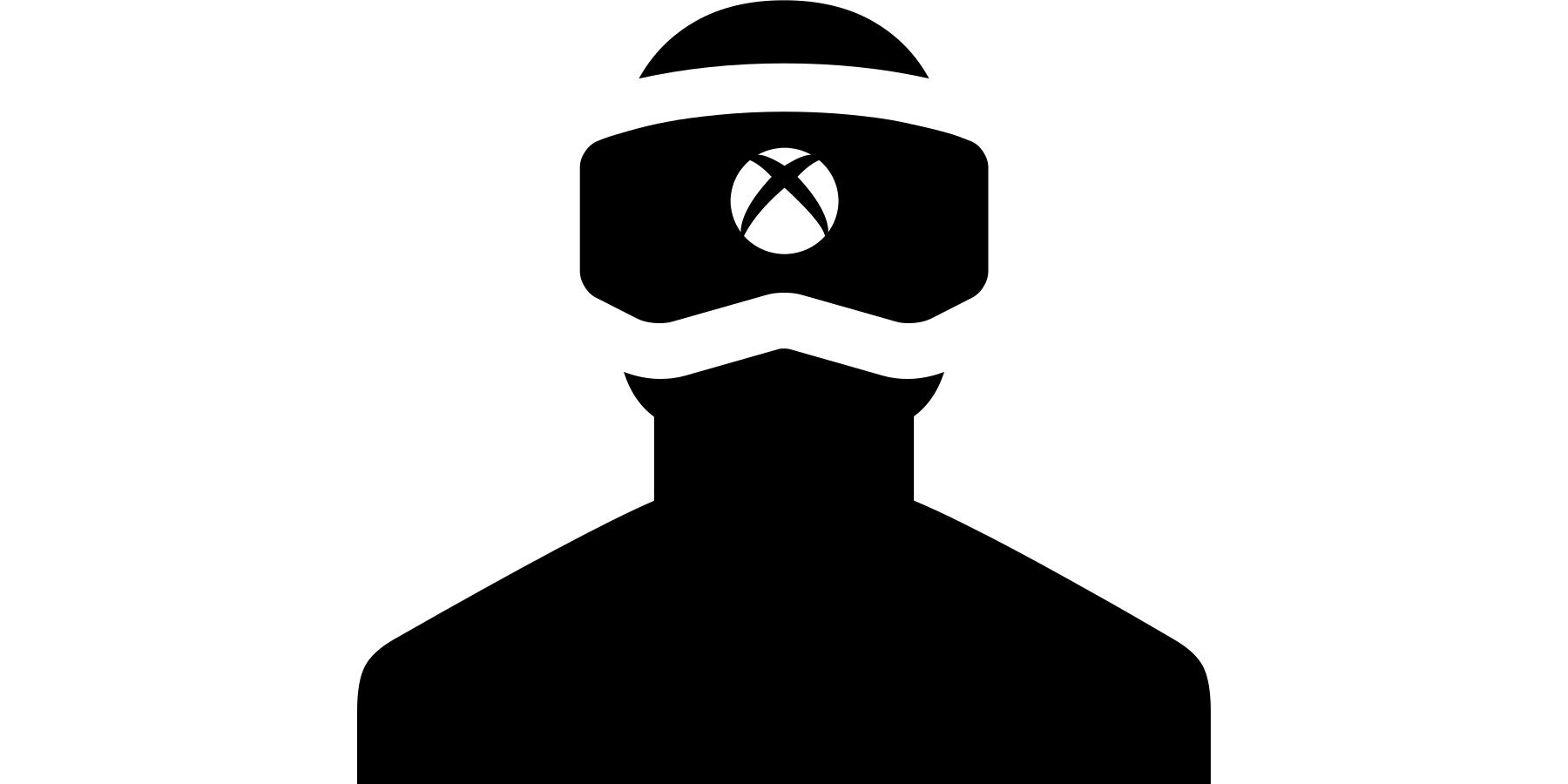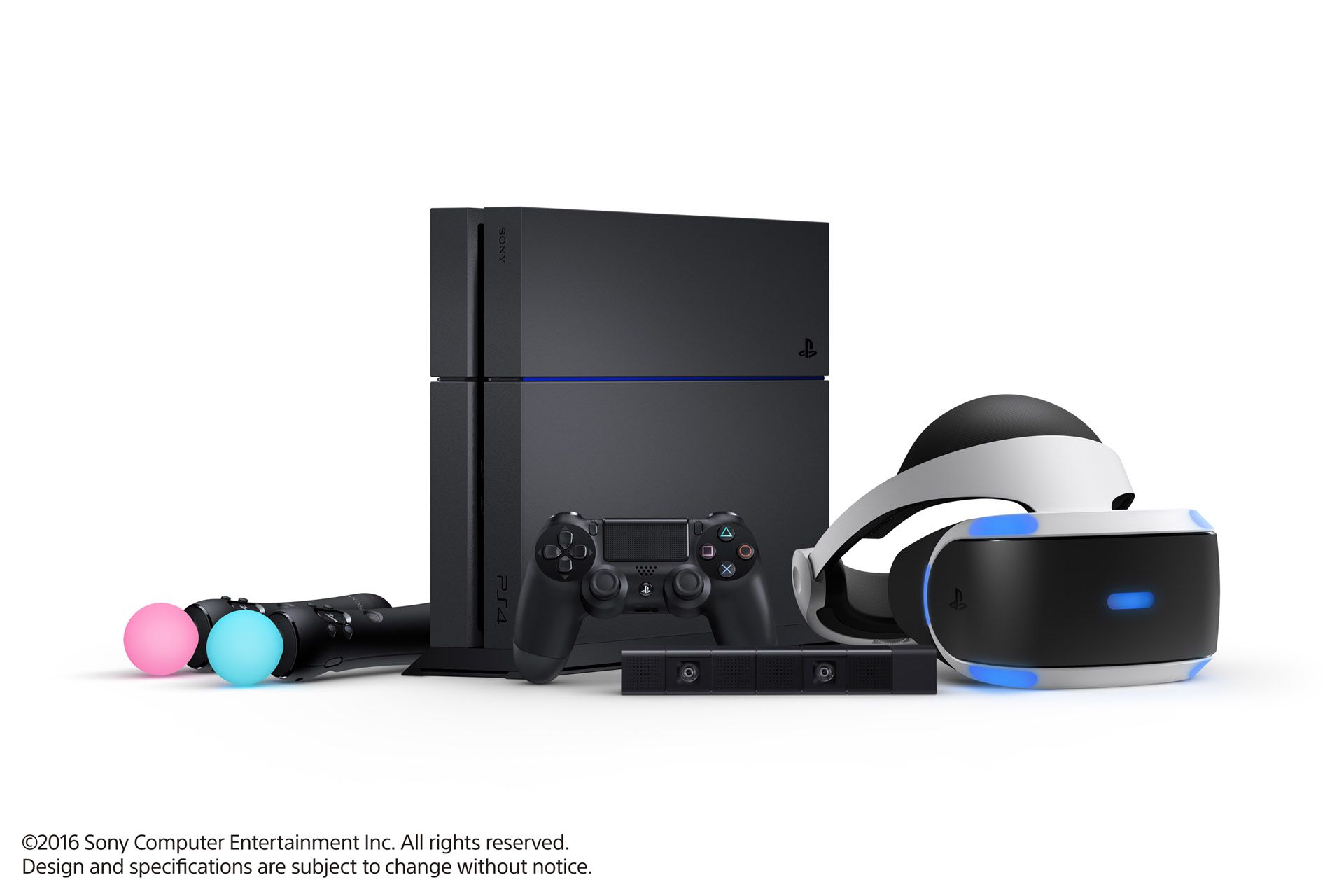
The untitled Xbox Scarlett will hit the market next holiday season and unlike Sony's upcoming PlayStation 5, it seems like Microsoft's Xbox One successor will not have its own virtual reality headset, at least not anytime soon. Sony has already patented its PlayStation VR 2, which boasts considerable updates and will no doubt tie into its next generation console, but Microsoft has distanced itself from fully investing in VR technology.
Microsoft has dabbled with virtual reality before though. It was revealed last year that the company experimented in creating its own VR headset but suspended the project in order to wait for technology to improve. This viewpoint hasn't changed after a year, as Microsoft stands by until VR hardware is more advanced and cost-friendly.
Out of the current "advanced" headsets available, the PS VR is the most affordable for gamers, generally priced around $300 barring any sales (and that's without PS Move controllers). That's quite a bit of money for a piece of equipment that you probably won't use often, and that's generally quite dated.
Microsoft's mixed reality system, HoloLens 2, which shipped this week on November 8th, costs $3,500 by comparison if you just want the device. It features some improvements over its predecessor which launched in 2016 - such as offering more complex gesture tracking and a wider viewing perspective. Hypothetically, it shouldn't be too hard to incorporate the mixed reality headset into the Xbox Scarlett. Imagine playing the new Halo where you can control the spaceship by operating the controls virtually right in front of you. Xbox did bring HoloLens to E3 2015 to showcase Minecraft and Halo 5 experiences so it's no secret there are entertainment applications in testing (for years now).

The bigger issue is actually implementing these types of gameplay experiences, as it simply isn't viable. There's a reason why HoloLens 2 is not advertised for the consumer, as it's too complex to be used outside of lower-scaled business projects. Otherwise, it would be a no-brainer to tie it to Scarlett.
All of this information ties into whether Xbox Scarlett needs virtual reality to compete in the next generation of consoles. Simply put, it doesn't. Not yet anyway. We've already established that these headsets are quite expensive - far more expensive than the failed Kinect - but it's far from accessible either. Most VR headsets (so far) use an abundance of wires and require a dedicated setup and space. It's not user-friendly for the mainstream in that sense.
However, if the competition makes an even bigger push on the VR front in the coming years, using better tech (like the cheaper, wireless Oculus Quest), there's a quick way for Microsoft to catch up given that the next-gen systems are essentially powerful PCs. Without their own propriety Xbox or Windows VR hardware offering, Microsoft can partner with an established ecosystem like HTC and Steam with the Vive or Oculus VR and their line-up of hardware (and more importantly, library of experiences). PlayStation VR hit over 3 million sales last year, a sizable figure compared to other headsets, but that number represents less than 3% of the over 102 million PS4 console units sold.
Unless technology has evolved where these headsets become a bit more affordable and has greater accessibility, there's no major disadvantage to the Xbox Scarlett lacking VR support as it competes against the PlayStation 5 in holiday 2020.
Sources: Microsoft
from ScreenRant - Feed https://ift.tt/2Q6DTcT



0 Comments